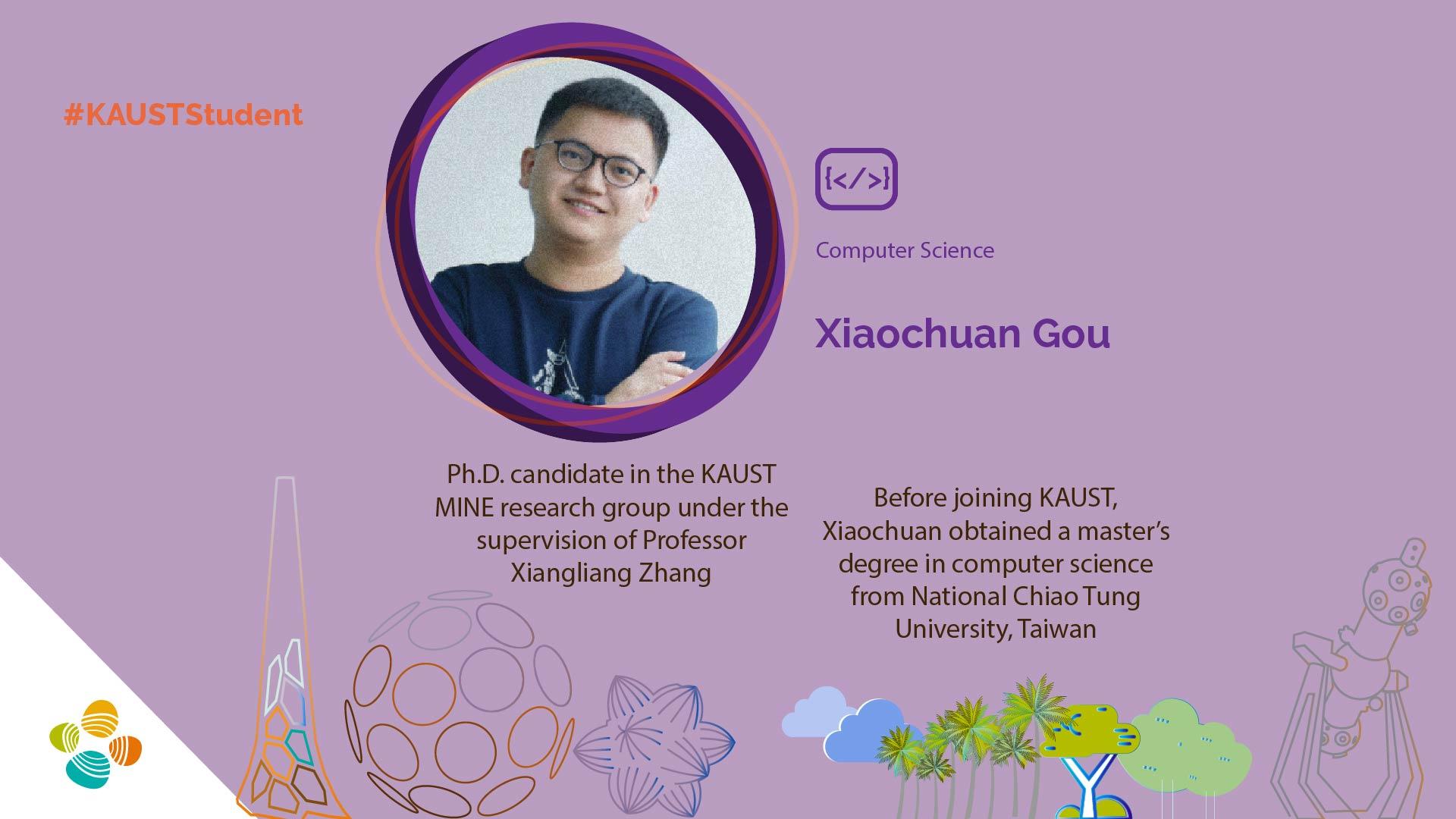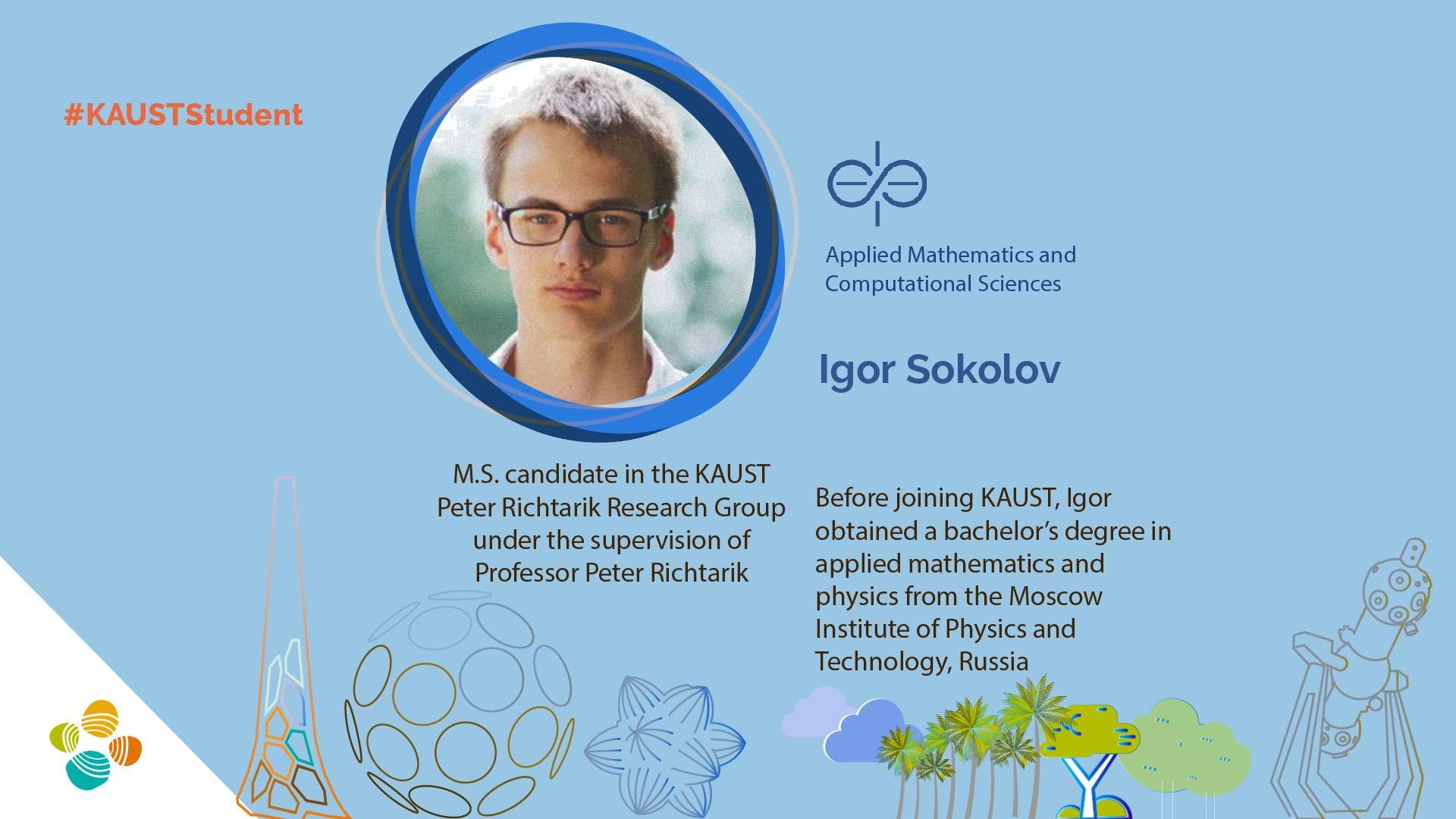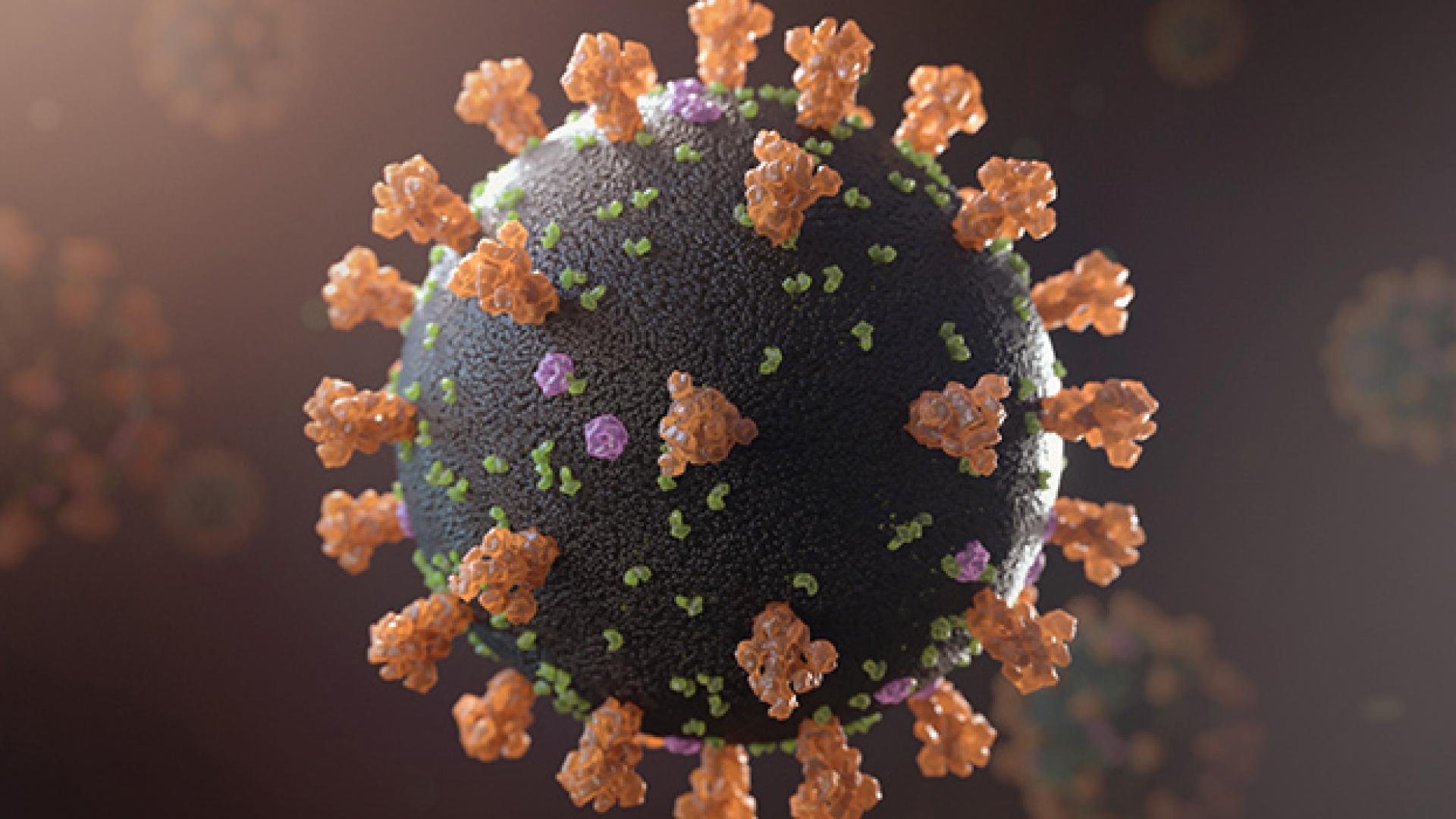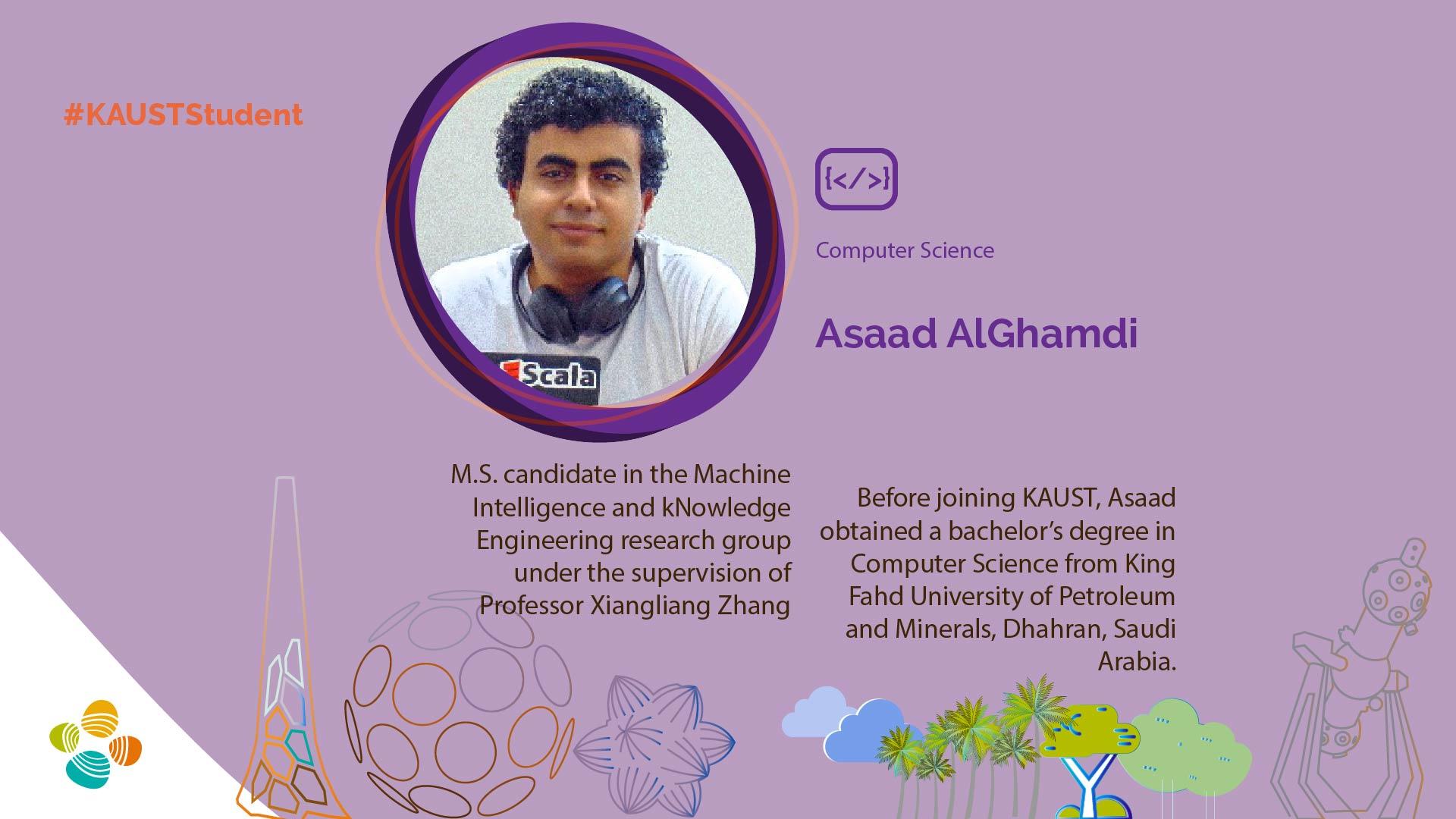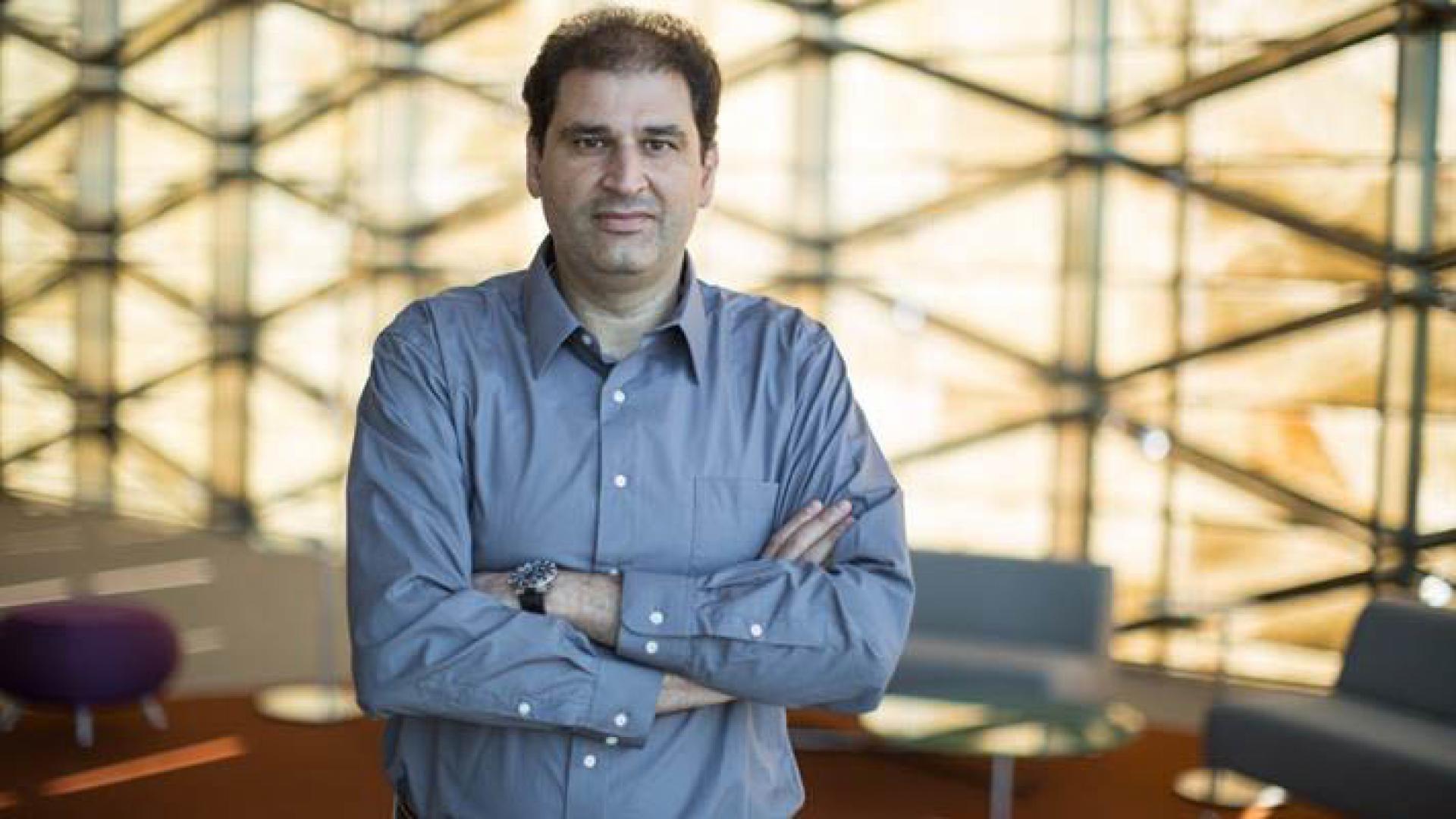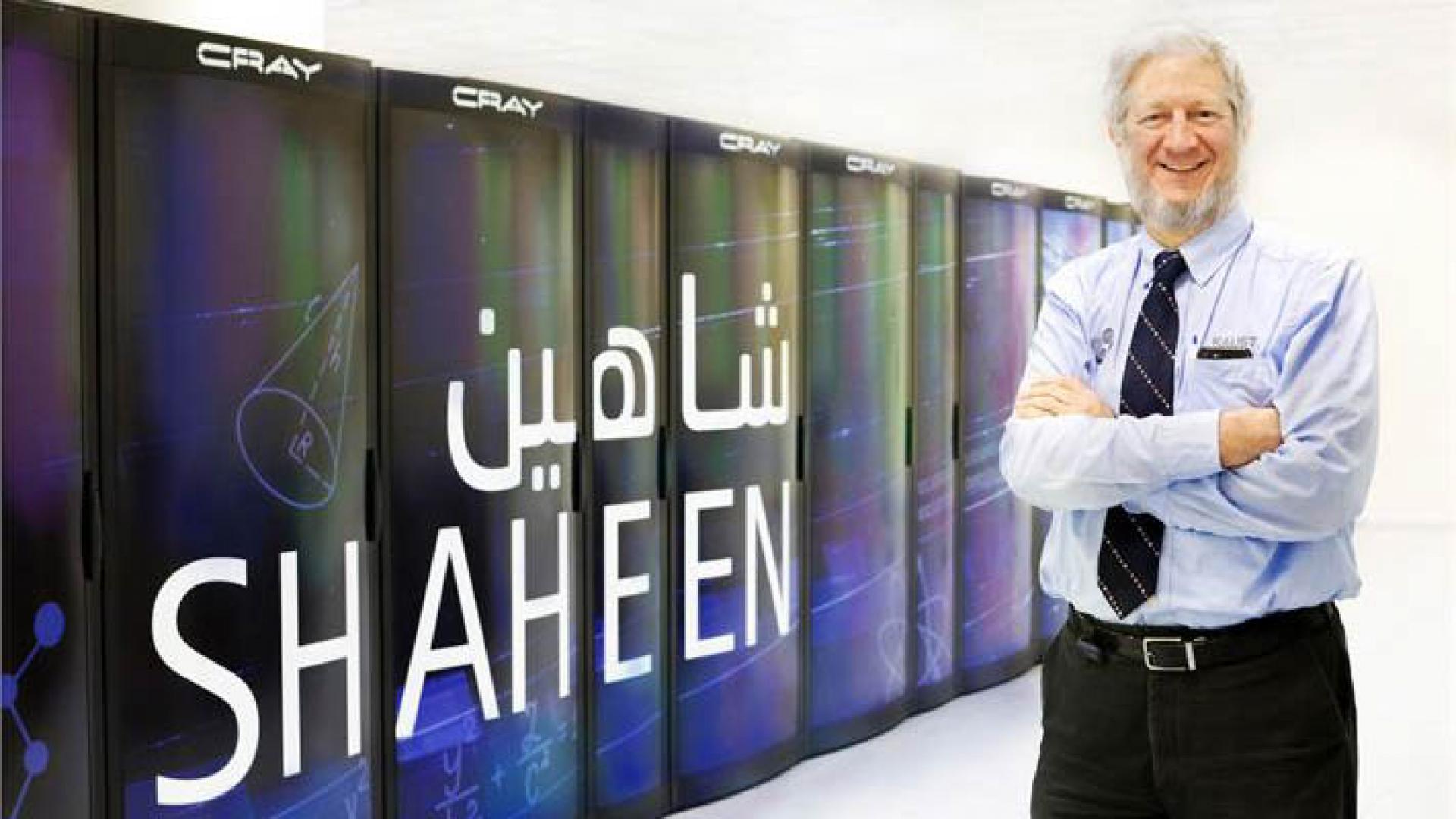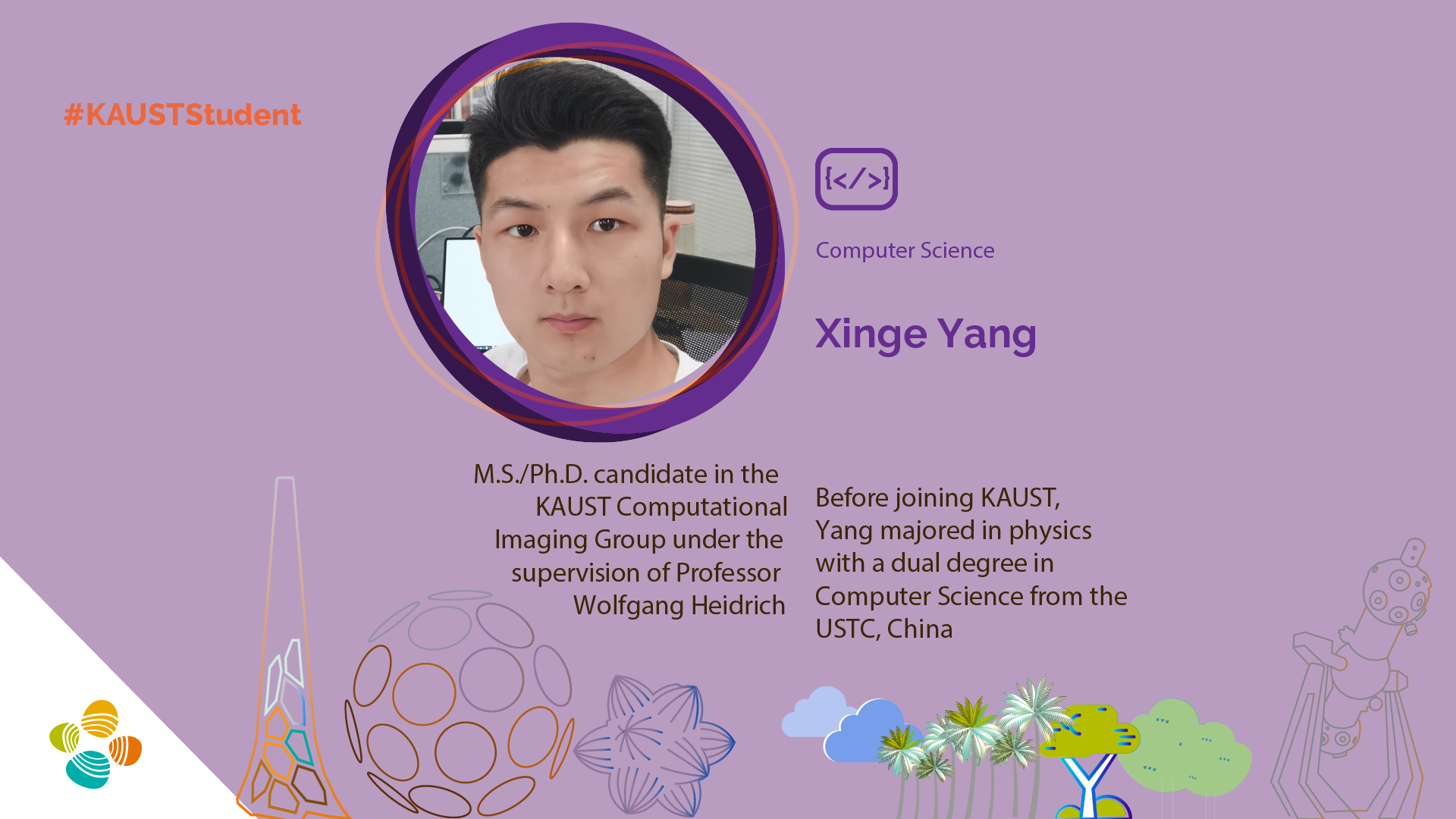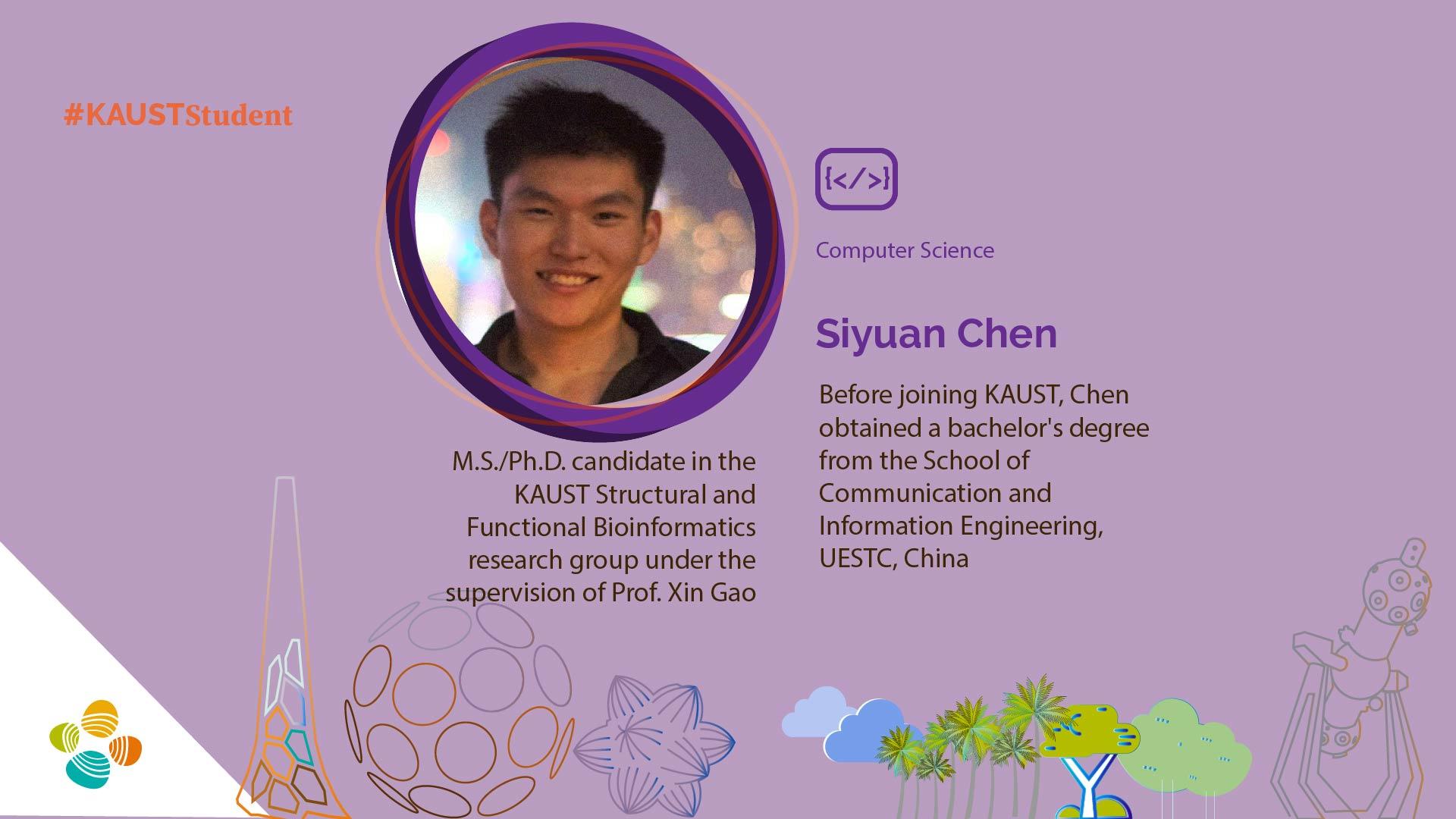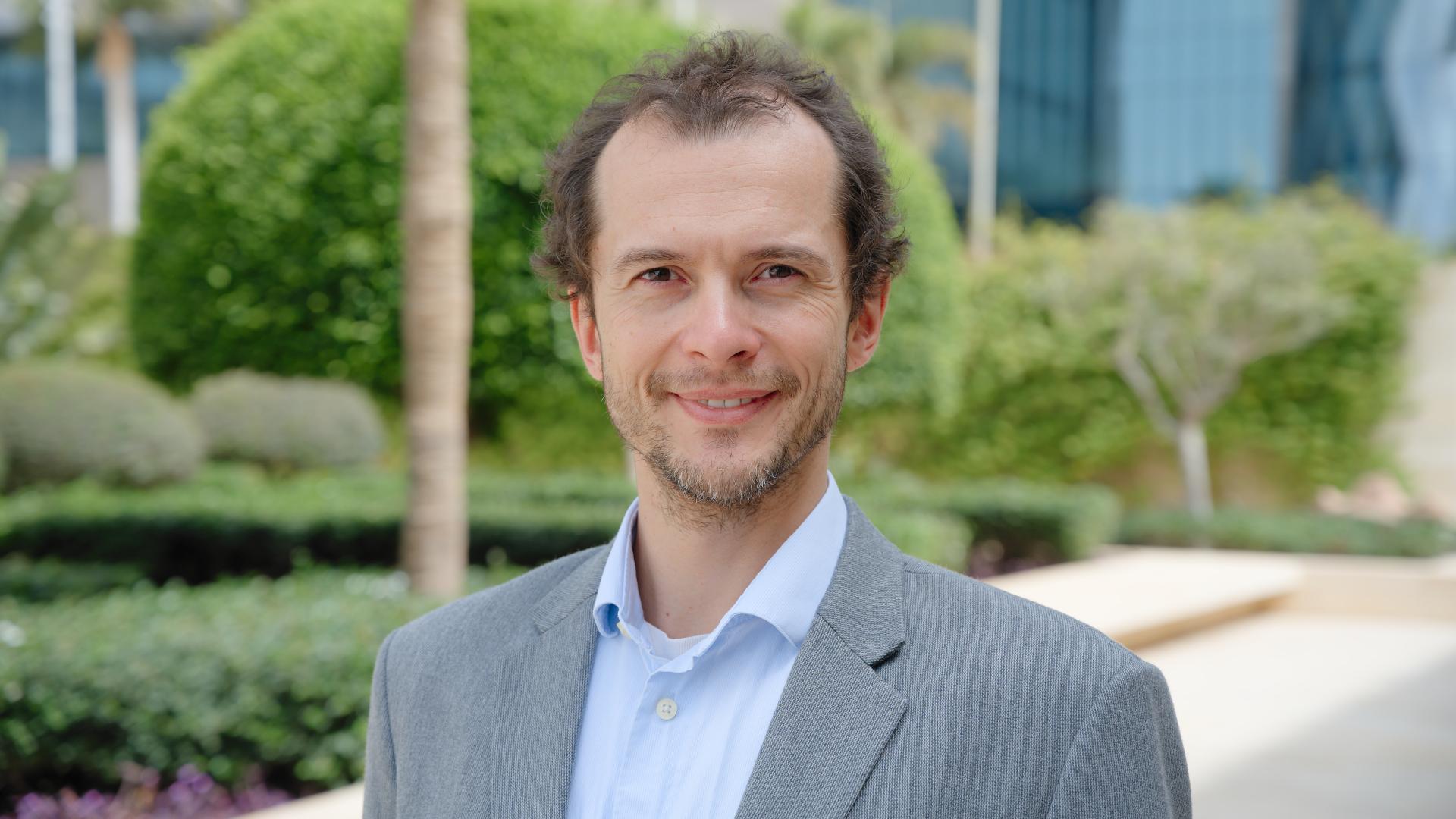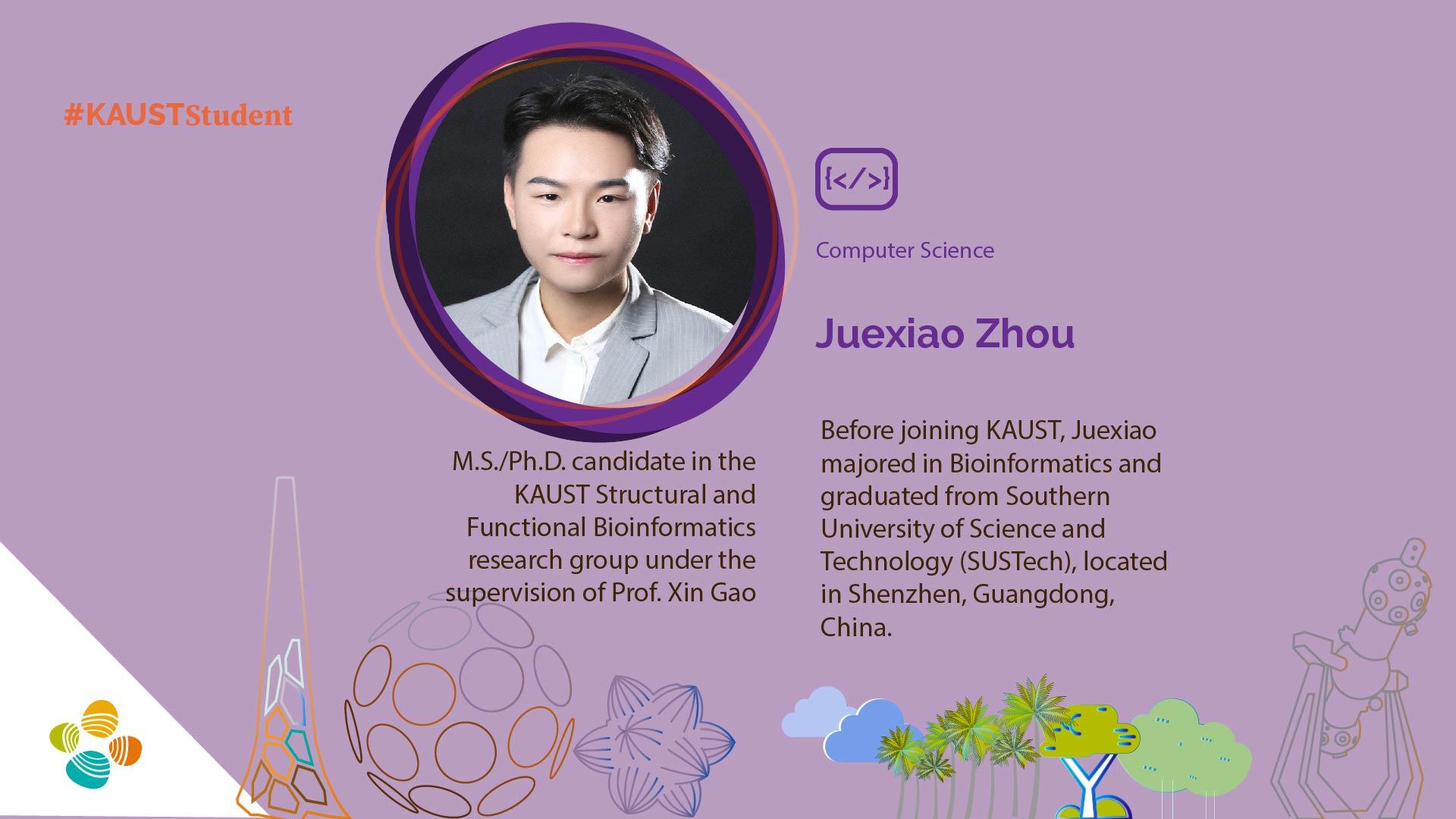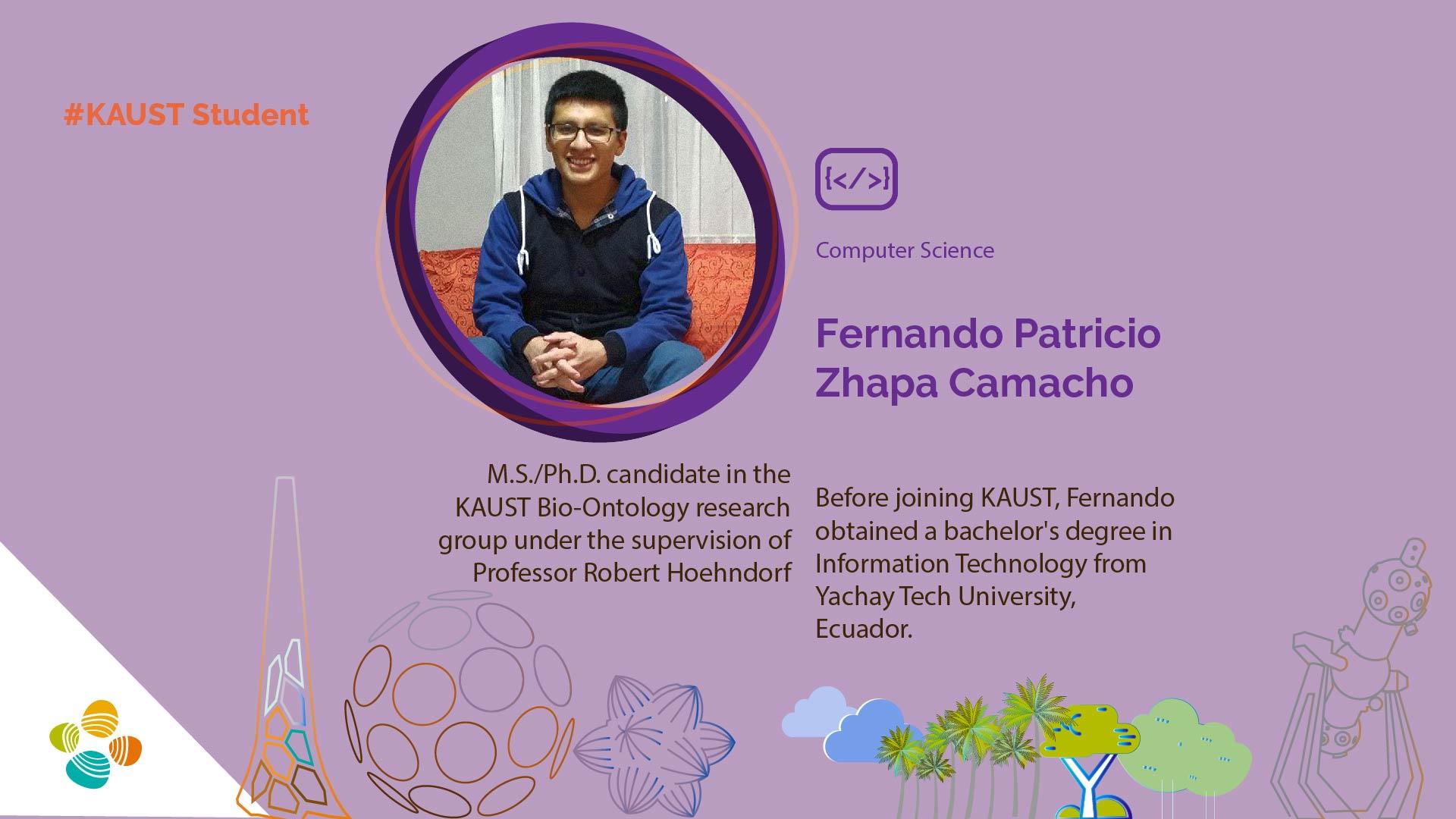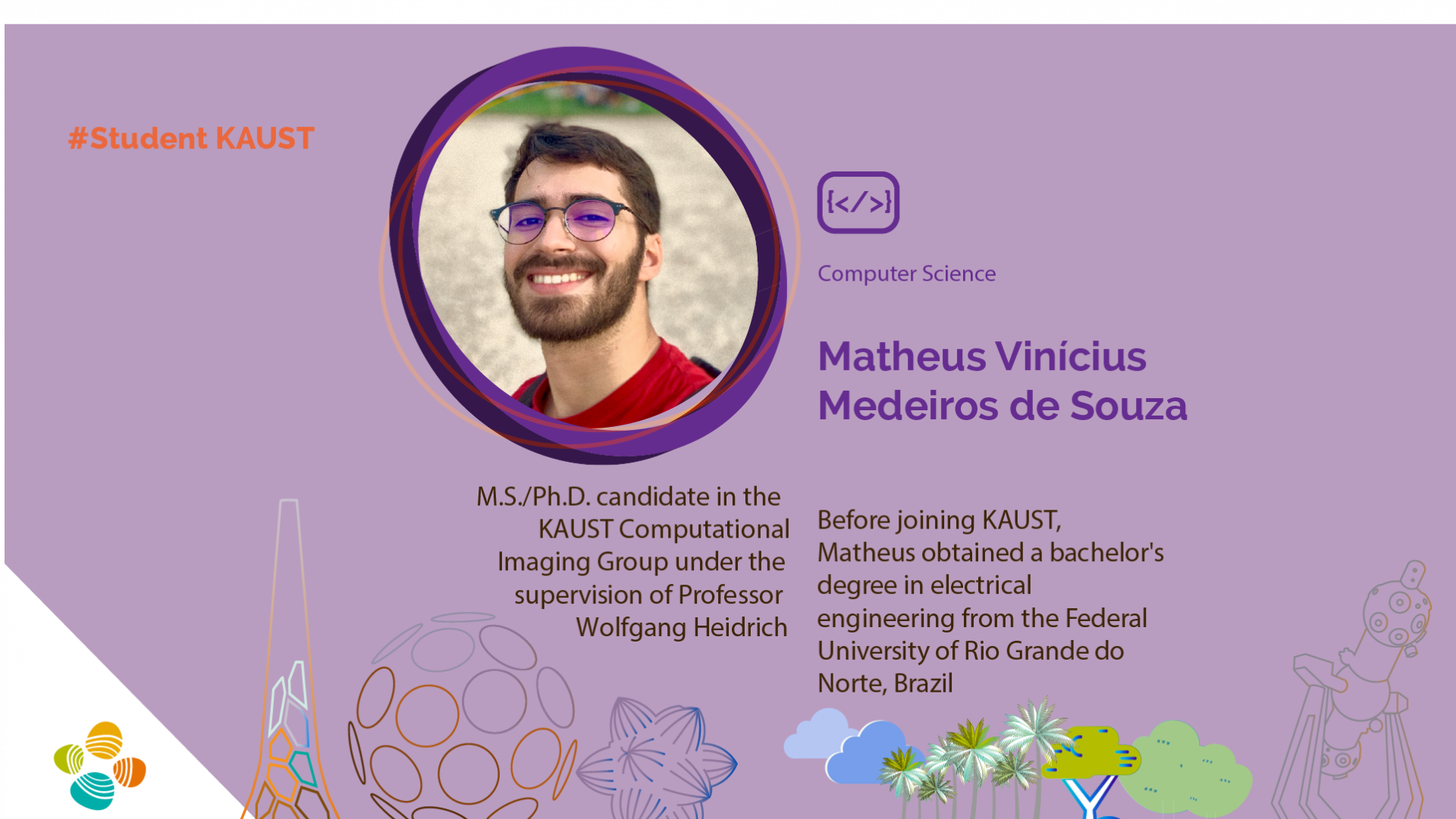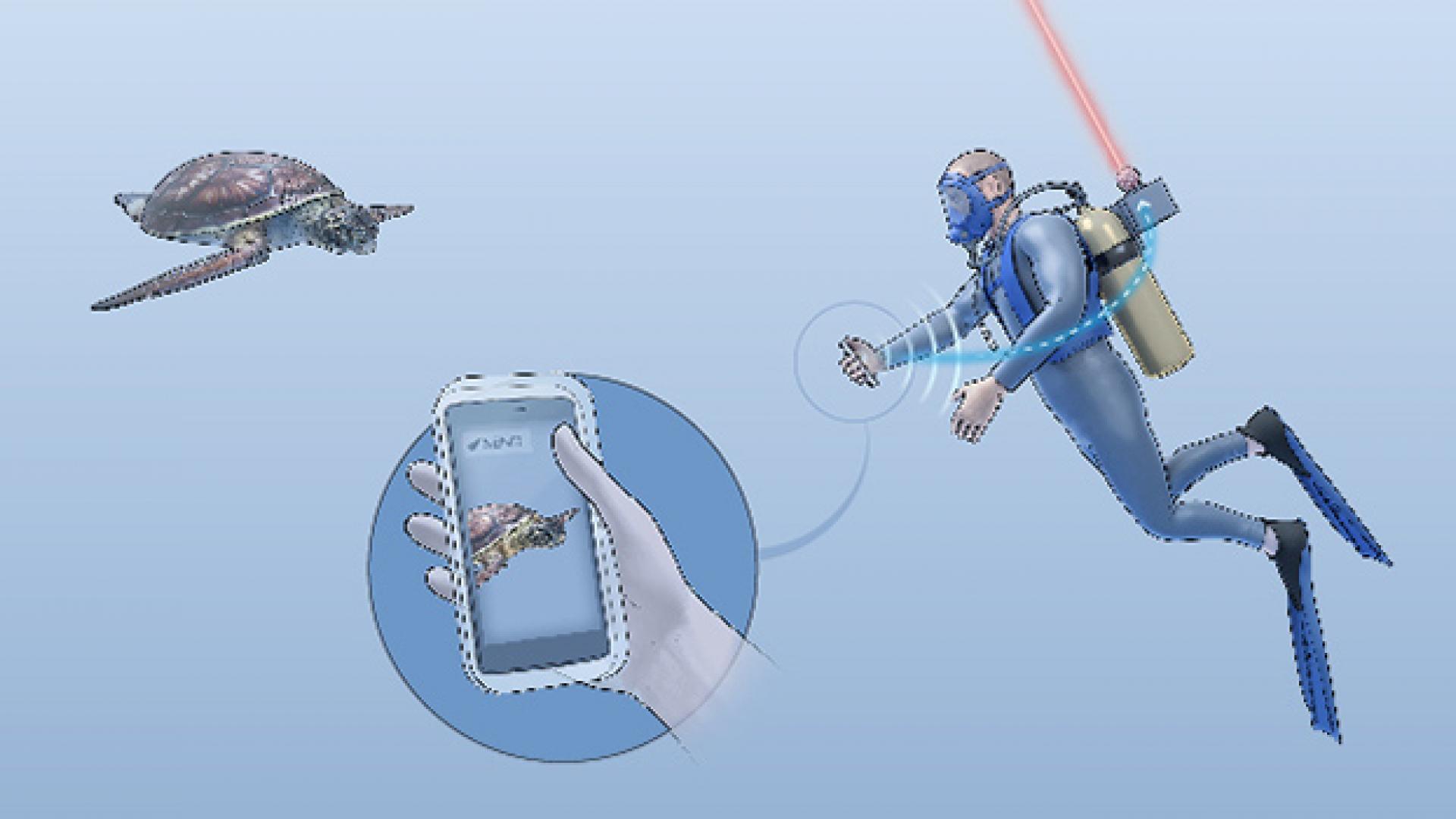Xiaochuan Gou, 27, from Dalian, China, will join KAUST in the fall of 2020. He will join KAUST as a Ph.D. candidate and member of the Machine Intelligence and kNowledge Engineering research group under the supervision of Professor Xiangliang Zhang.
Igor Sokolov, 23, is an applied mathematics and physics graduate who will join KAUST from the Moscow Institute of Physics and Technology, Russia. Igor first came to KAUST as a visiting student in 2019 and was highly impressed by the University's living and working facilities. It was this first impression that prompted him to pursue an M.S. at KAUST. Sokolov will join KAUST in the Fall of 2020 as an M.S. candidate under the supervision of Professor Peter Richtarik.
Following a call by President Tony Chan for KAUST PIs to contribute through their research capabilities to alleviate the COVID-19 pandemic, efforts coordinated by Donal Bradley, KAUST vice president for research, and Pierre Magistretti, KAUST dean of the Biological and Environmental Science and Engineering division, mobilized a group of faculty to form the Rapid Research Response Team (R3T).
A likeness between genes of the SARS and COVID-19 viruses could inform research into potential treatments.
Asaad AlGhamdi is a 24-year-old graduate who will join KAUST in the fall from King Fahd University of Petroleum and Minerals, Dhahran, Saudi Arabia. Asaad will join the University as a M.S. candidate and member of the Machine Intelligence and kNowledge Engineering research group under the supervision of Professor Xiangliang Zhang.
Communicating underwater has always been a hassle. Radio transmissions, the ubiquitous wireless standard above the waves, can't transmit very far before being entirely absorbed by the water. Acoustic transmissions (think sonar) are the preferred choice underwater, but they suffer from very low data rates. Wouldn't it be nice if we could all just have Wi-Fi underwater instead?
KAUST Professor David Keyes, director of the KAUST Extreme Computing Research Center (ECRC) and professor of applied mathematics and computational science, chaired this year's International Supercomputing Conference (ISC). The ISC, which takes place in Frankfurt, Germany every June, is where the world's supercomputers are re-ranked for computational power, power efficiency, and performance on various scientific benchmarks.
As bioscience and medicine progress, we are now able to live with diseases, which were once a death sentence. And we are rapidly discovering new interactions at the microscopic level that give us insight into the engines of life. However, as research gets more complicated, the layperson gets left further and further behind. Even those who trust the work of scientists can feel overwhelmed when attempting to read the latest research.
Xinge Yang is a 22-year-old graduate who will join KAUST from the University of Science and Technology of China (USTC). Yang will join the University in the fall of 2020 as an M.S./Ph.D. candidate in the KAUST Computational Imaging Group under the supervision of Professor Wolfgang Heidrich.
Siyuan Chen is a 22-year-old graduate who comes to KAUST from the School of Communication and Information Engineering, UESTC, China. Chen will join the University in the fall of 2020 as an M.S./Ph.D. candidate in the KAUST Structural and Functional Bioinformatics research group under the supervision of Professor Xin Gao.
KAUST faculty member Robert Hoehndorf was recently promoted from the rank of assistant professor to associate professor. Hoehndorf’s promotion caps a year-long process where the German researcher’s scientific and scholarly output was measured and evaluated by internal and external reviews.
Juexiao Zhou is a 21-year-old graduate from Shenzhen, China, who will join KAUST in the fall of 2020 as an M.S./Ph.D. candidate and member of the KAUST Structural and Functional Bioinformatics research group under the supervision of Professor Xin Gao.
Fernando is a 23-year-old Information Technology graduate fromYachay Tech University in Urcuquí, Ecuador. He has planned to continue his academic career at KAUST under the supervision of Professor Robert Hoehndorf.
Matheus Vinícius Medeiros de Souza is a 24-year-old electrical engineering graduate from the city of Natal, Brazil. Matheus first came to KAUST as a visiting student in 2019 and was instantly impressed by the university’s research facilities.
Scuba divers could send sea life shots in real time using an aquatic internet service.
